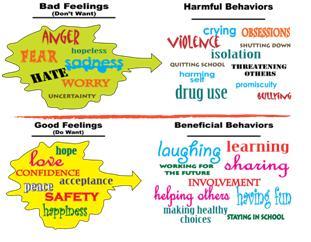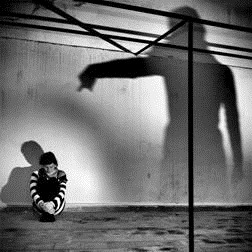
Empathy plays a very important role in the interaction between human beings. I have been working with children for over 28 years and have found that although some kids are naturally empathic and others are not, empathy can be learned.
Empathy is just one of the elements of Emotional Intelligence (EQ). As teachers, we focus on 4 major components of EQ:
– Recognizing my feelings.
– Managing my feelings.
– Recognizing the feelings of others.
– Helping and supporting others to manage their feelings.
Empathy falls under component 3 (recognizing the feelings of others). Despite it being an element all on its own, we believe that it can contribute greatly to the development of the first two components. We believe that anyone who can understand the feelings of others is better at communicating, managing conflicts and generally has more successful relationships.















